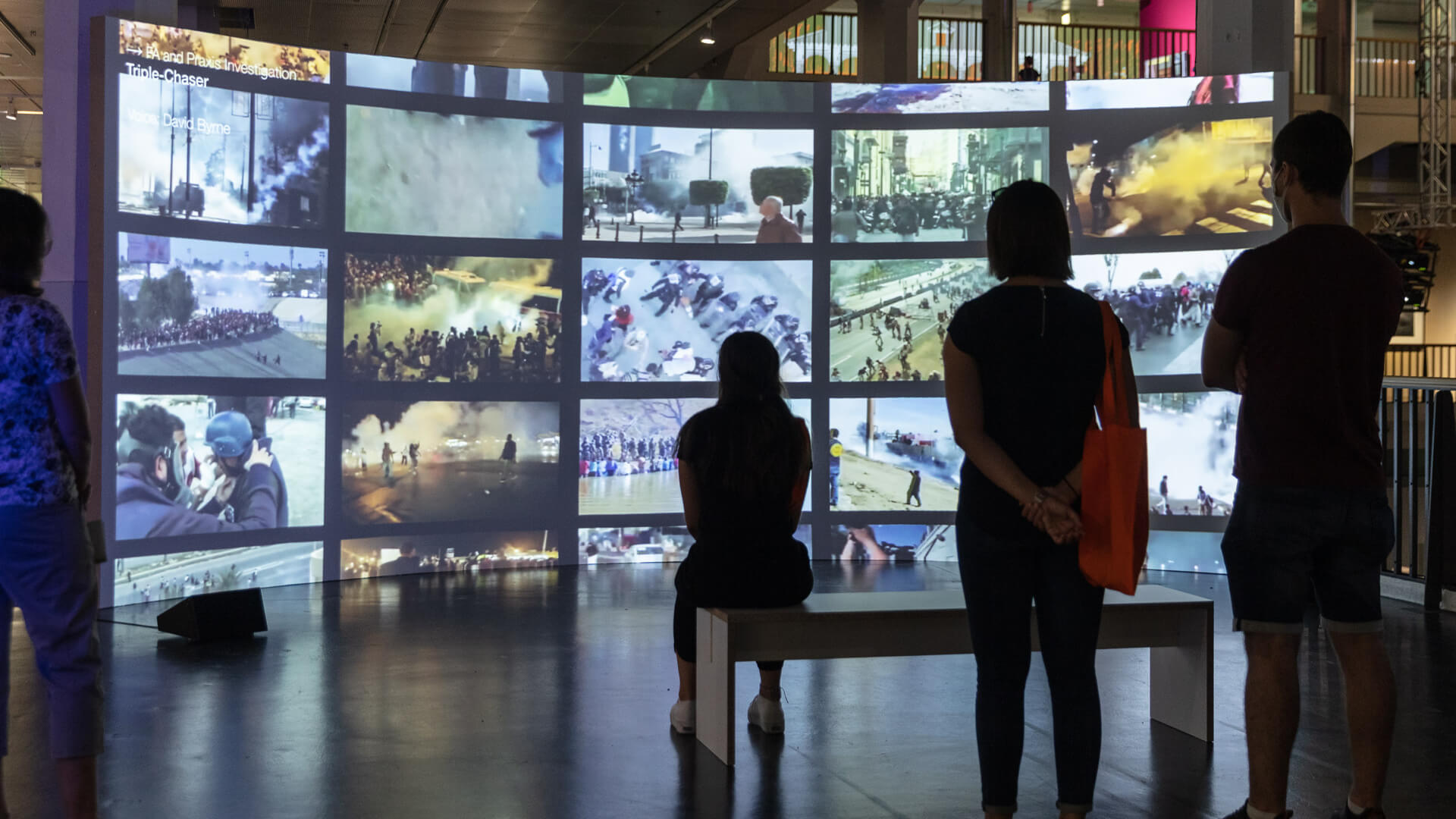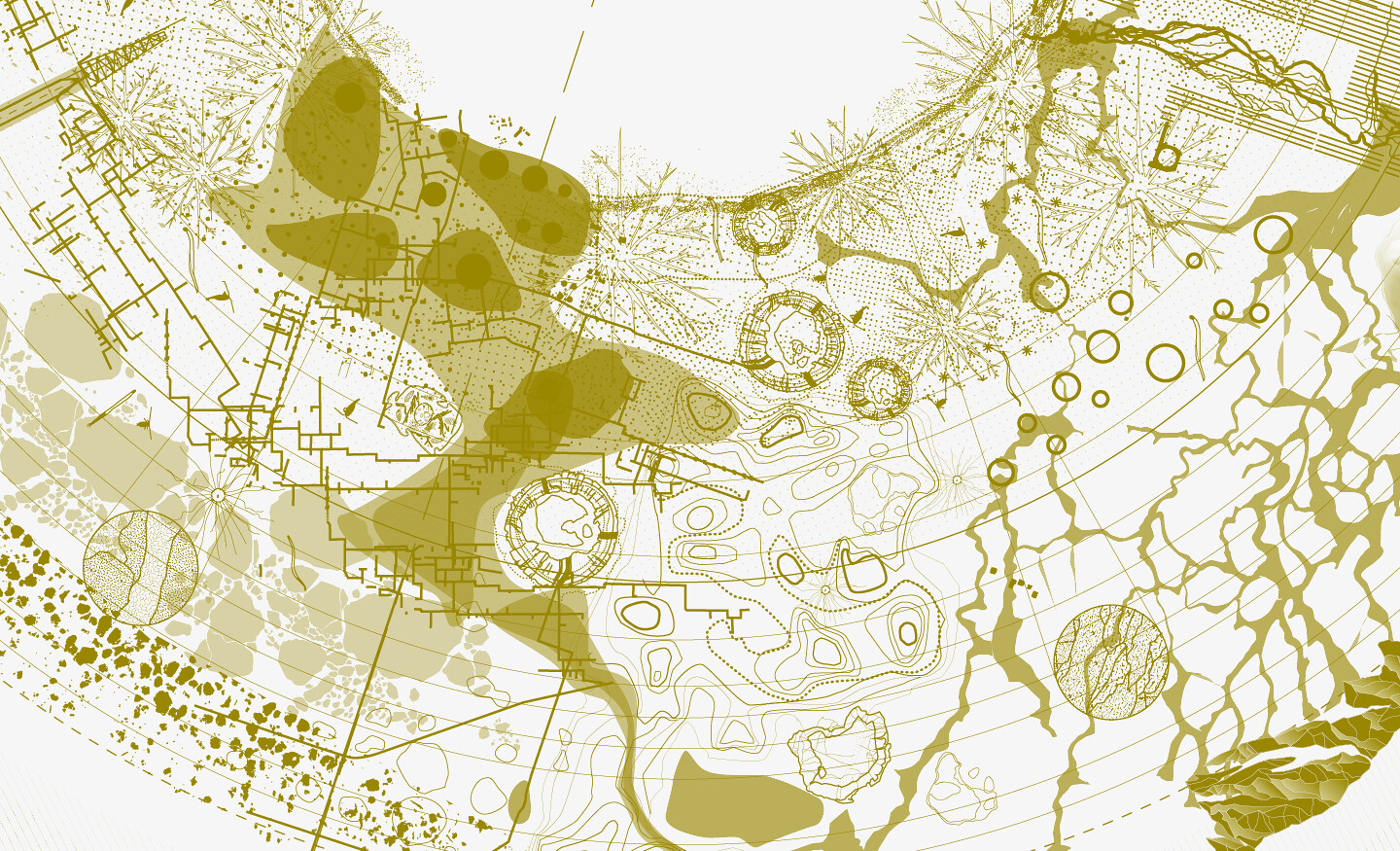
Intensive Summer Course 2025
Rewiring Humanism
in a More-than-Human-World
Instructor: Professor Rick Dolphijn
Email: r.dolphijn@uu.nlNot another world, but the same world grasped in a radically new spirit
Bruno Latour
Intensive Summer Course 2025
Rewiring Humanism in a More-than-Human-World
As modern times have transformed the world into a global village, Humanism—or the Anthropocentric Perspective—has become our shared dominant worldview. Over the past two centuries, alongside the rise of advanced capitalism, our primary focus has been on fast economic growth, leading us to largely ‘forget’ what it means to share the planet with the more-than-human world. Economically, this approach has been a success, but we are now discovering the steep price of this forgetfulness. Ecological crises have been emerging for nearly half a century (pollution, the Greenhouse Effect, mass extinction), but it is only in recent years that governments, industries, public opinion, and critical and creative thinkers across all fields of knowledge seem fully committed to ‘bending the curve’ and collectively search for radical alternatives to the way we live on Earth.
Sometimes these concern immensely complex suggestions (we need to come up with alternatives to our fossil fuel addiction; we need to set up an economy which is not based on profit but, for instance, on fair sharing). Sometimes also seemingly small ‘solutions’ are suggested, very much aimed at intervening in local situations (think of Bruno Latour’s Critical Zones project). Important here is, however, that we understand from the very start, as Amitav Ghosh (2016) already noted, that the ecological crises of today are first of all a crisis of culture, and that responding to it, does not just mean coming up with technological quick fixes. We must change our lives.

This shift compels us to ask fundamental questions once again—questions that underlie our contemporary existence and shape both our critical and creative thinking. These are the questions we have avoided for too long, perhaps because their answers are difficult or even elusive. For instance, why do we still regard ‘thinking’ as a uniquely human activity, even as we observe the creative and often incomprehensible ways the more-than-human world responds to us? Can we rethink thinking itself, beyond the human brain and centrally organized nervous systems? Can we turn to other fields of knowledge—science, the Humanities, literature, film, art—where thinking and the concept of knowledge are explored differently? Can we accept, as anthropologist Eduardo Kohn suggests, that forests think? Can we study the memories of water, as hydrofeminists propose? And how can we make sense of a statement like “the Earth was Thinking all along”?
In this Intensive Summer Course, we will closely examine three texts by leading intellectuals of our time, who have excelled at analyzing science, the Humanities, and the arts. These thinkers pinpoint key issues, conceptualize the problems we face, and speculate on how we might transform our lives. Alongside these readings, we will survey the State of the Arts in contemporary thought, paying particular attention to how today's artistic expressions engage with the more-than-human world. We will explore major global art events (ZKM’s Critical Zones, the Shanghai Biennale “Bodies of Water”, Venice Biennale (several), among others), as well as smaller exhibitions, literature from Tang poetry to postcolonial works from Latin America, and cinema. Finally, we pay specific attention to the exhibition “The Earth Was Thinking All Along,” curated by Dr. Dolphijn, which features contributions from philosophers and artists across Europe and Asia. This exhibition will be held in cities like Skopje (Macedonia), Utrecht (the Netherlands), and Gdańsk (Poland) in 2025-2026. Guest speakers involved in this project, studying topics like "how the swamp thinks" or "how the archipelago thinks," are also expected to join us in class.
